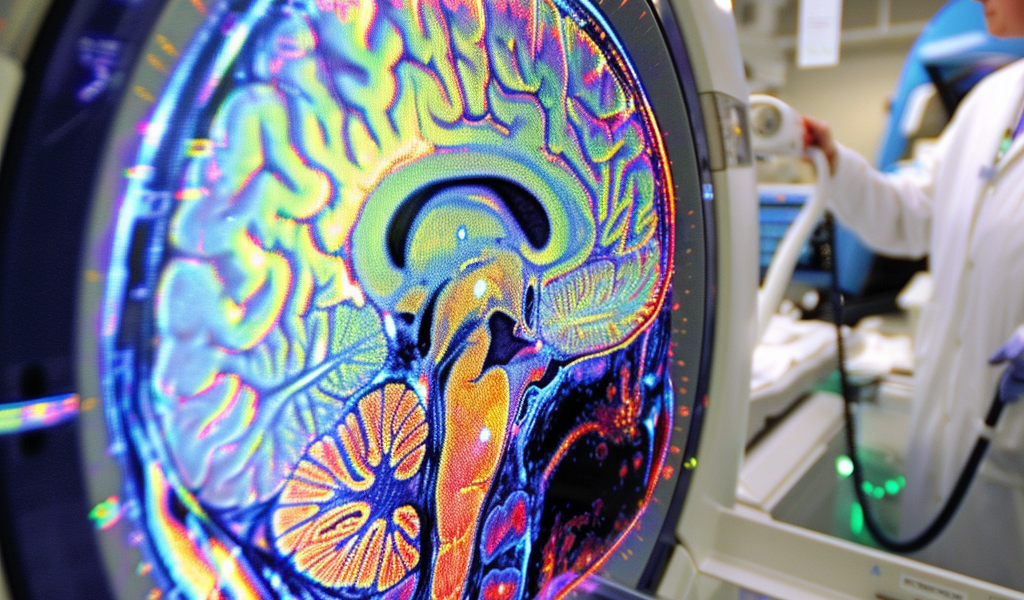Recent research conducted by the University of Geneva sheds light on the connection between schizophrenia and apathy, revealing insights into the neural mechanisms underlying this debilitating disorder.
Schizophrenia, a condition affecting approximately 1% of the population, is characterized by a range of symptoms, with apathy and lack of motivation being among the most prevalent and challenging to address. Unlike hallucinatory or delusional symptoms typically associated with schizophrenia, apathy often goes unnoticed but significantly impacts individuals’ ability to engage in daily activities.
Through a comparative study involving neural activation patterns during a reward-based task, researchers from the University of Geneva and the University Hospitals of Geneva, in collaboration with experts from Charité Berlin, uncovered key differences in how the brains of individuals with schizophrenia process rewards.
The study, published in the journal Brain, highlights the inability of individuals with schizophrenia to differentiate between varying levels of reward effectively, leading to reduced motivation and hindered task performance. This neural dysfunction within the reward system poses a significant barrier to individuals’ engagement in academic, professional, and social pursuits.
Professor Stefan Kaiser, a leading figure in the research team, emphasizes the critical role of motivation in individuals’ ability to navigate daily challenges. He notes that while conventional antipsychotic treatments address hallucinatory symptoms, they are ineffective in addressing the pervasive issue of apathy.
Addressing the neural underpinnings of apathy, the researchers used MRI technology to analyze brain activity in response to reward stimuli. By engaging participants in a reward-based game within the MRI scanner, the team observed distinct neural responses in individuals with schizophrenia compared to the control group, providing valuable insights into the disorder’s neurobiological basis.
The findings of this study open up new avenues for potential treatments, including targeted brain stimulation and specialized psychotherapy interventions tailored to enhance motivation and behavioral responses in individuals with schizophrenia. By delving into the intricate neural mechanisms associated with apathy, researchers aim to develop more effective strategies to support individuals living with this challenging condition.





